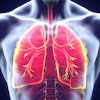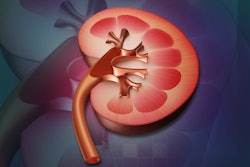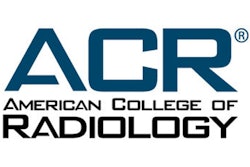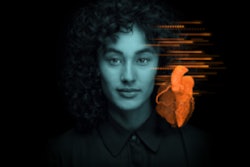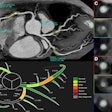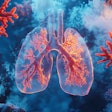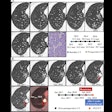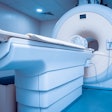Monday, November 27 | 3:40 p.m.-3:50 p.m. | SSE12-05 | Room E353A
An artificial intelligence (AI) algorithm can be used to accurately detect and characterize kidney stones, according to researchers from Boston.CT is the standard of care for evaluating kidney stone disease, and utilization has increased tenfold between 1998 and 2007, according to Dr. Anushri Parakh of Massachusetts General Hospital (MGH). In the emergency setting, rapid turnaround of reporting is crucial.
"Since stones are high-density material and easy to recognize, we hypothesized that detecting stones on CT using AI would help triage patients for rapid reporting," Parakh said.
Parakh and colleague Dr. Dushyant Sahani of MGH collaborated with Synho Do, PhD, and Hyunkwang Lee, PhD, from MGH's Laboratory of Medical Imaging and Computation on the AI project. The researchers gathered and labeled CT datasets of patients with suspected urinary stone disease and then fine-tuned a neural network to train for detection. In addition, they sought to evaluate the use of AI for stone characterization, as stone fragility and composition partly influence management, Parakh said.
The results have been encouraging: The neural network yielded more than 90% accuracy for both detection and composition analysis of kidney stones.
"We believe that AI can augment radiologists' workflow," she told AuntMinnie.com. "Training a computer can triage patients for rapid reporting."
It can also help radiologists perform analysis faster, freeing up more time to focus on incidental or additional causes of abdominal pain, she said.
"Moreover, this subset of the population is further susceptible to developing fatty liver, atherosclerosis, and osteoporosis," Parakh added. "AI can assist radiologists in providing quantitative information for better patient care."
Stop by this Monday afternoon session to learn more.



